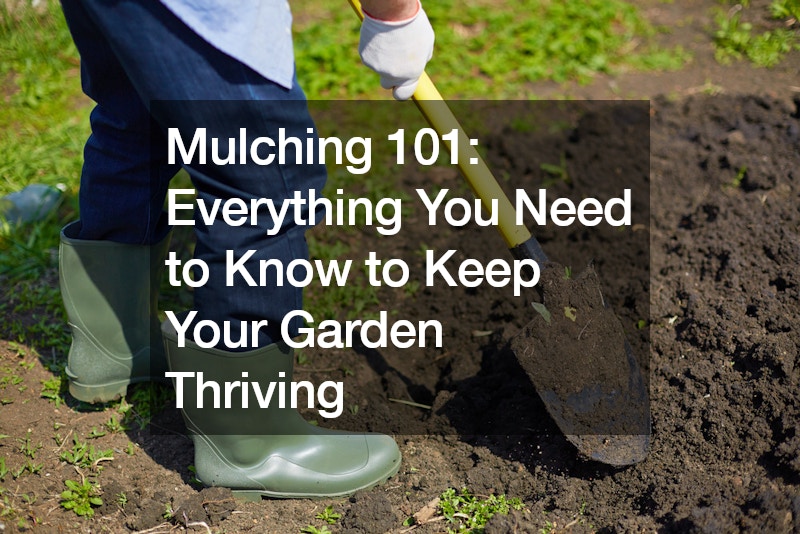Gardening enthusiasts often find themselves facing a common challenge: how to maintain optimal soil moisture levels while minimizing weed growth. Thankfully, there’s a simple and effective solution that can address both of these issues effortlessly: mulching. In this guide, we’ll delve into the basics of mulching and explore how this technique can help keep your garden lush and vibrant year-round.
Understanding the Power of Mulching
Mulching involves covering the soil around your plants with a protective layer of material, such as grass clippings, straw, bark chippings, or compost. This layer acts as a shield, shielding the soil from the harsh elements while also providing numerous benefits for plant health and vitality.
Conserving Soil Moisture
One of the primary advantages of mulching is its ability to conserve soil moisture. By shading the soil surface, mulch helps prevent moisture loss through evaporation, reducing the need for frequent watering. In fact, studies have shown that mulching can reduce the amount of water needed for irrigation by as much as two-thirds, making it a valuable tool for gardeners in regions prone to drought or water restrictions.
Suppressing Weed Growth
In addition to conserving moisture, mulch also helps suppress weed growth by creating a barrier that prevents weed seeds from germinating and reaching the soil surface. This means less time spent weeding and more time enjoying your garden. By keeping weeds at bay, mulch ensures that your plants have access to the nutrients and moisture they need to thrive without competition from invasive plants.
Enhancing Soil Structure
Over time, organic mulches such as compost or leaf mold break down and incorporate into the soil, enriching it with valuable nutrients and improving its structure. This process, known as soil conditioning, helps create a healthy and fertile growing environment for your plants. As the soil becomes more enriched, it can better retain moisture and support robust plant growth.
Choosing the Right Mulch
When it comes to mulching your garden, there are several options to consider. Organic mulches, such as grass clippings, straw, or compost, are excellent choices for improving soil health and fertility. These materials break down gradually over time, releasing nutrients into the soil and improving its structure.
Woody mulches, such as bark chippings or shredded prunings, are ideal for use around permanent plants like trees and shrubs. These mulches break down slowly and can last for several years before needing to be replenished. However, it’s essential to keep stems and trunks clear to prevent issues with rotting.
Applying Mulch
To apply mulch to your garden, start by preparing the soil surface. Remove any weeds and debris, and water the soil thoroughly to ensure it’s moist before applying the mulch. Then, spread a layer of mulch around your plants, making sure to leave a gap around the stems or trunks to prevent rotting.
For organic mulches like straw or grass clippings, apply a layer at least a couple of inches thick to provide adequate coverage. You can apply thicker layers for more substantial materials like straw, as they tend to settle over time.
Maintaining Your Mulch
Once you’ve applied mulch to your garden, it’s essential to maintain it properly to ensure its effectiveness. Regularly check the mulch layer for signs of compaction or decomposition and add more mulch as needed to maintain the desired thickness. Additionally, water your plants thoroughly to ensure the moisture reaches the soil beneath the mulch layer.
In conclusion, mulching is a simple yet powerful technique for keeping your garden healthy and thriving. By conserving soil moisture, suppressing weeds, and enhancing soil structure, mulch can help you achieve lush and vibrant plants with minimal effort. Whether you’re a seasoned gardener or just starting, mulching is a valuable practice that can benefit any garden. So, why not give it a try and see the difference it can make in your garden?
.




